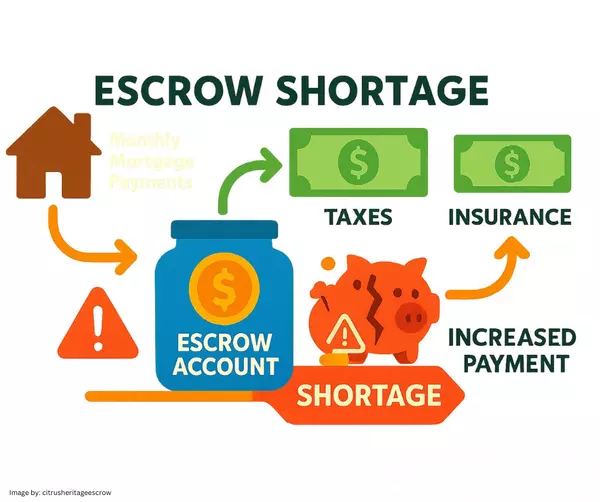Addressing Home Inspection Findings: Dos and Don’ts
A home inspection is a pivotal step in the real estate transaction process. It provides buyers with critical insights into the property and often serves as a starting point for negotiations. As a buyer or seller, knowing how to address inspection findings effectively can ensure the deal progresses smoothly. Here are the key dos and don’ts to consider:
Dos for Buyers:
-
Do Review the Inspection Report Thoroughly
Take the time to read through the entire report and highlight areas of concern. Focus on major issues like structural problems, electrical hazards, or significant plumbing leaks. -
Do Prioritize Repairs
Understand the difference between minor cosmetic issues and major safety or structural problems. Create a list of non-negotiable repairs that must be addressed. -
Do Work with Your Agent
Your real estate agent can help you craft a repair request or negotiate credits for the necessary fixes. Their expertise ensures your requests are reasonable and likely to be accepted. -
Do Consider Long-Term Costs
Even if the seller agrees to fix a problem, ensure it’s done by a licensed professional. Alternatively, negotiate a price reduction or closing cost credit to handle repairs after closing.
Dos for Sellers:
-
Do Be Proactive
Consider getting a pre-inspection before listing the property. This allows you to address any glaring issues in advance and minimizes surprises. -
Do Respond Quickly
When the buyer presents repair requests, review them promptly and provide a clear response. Quick action keeps the deal on track and builds trust. -
Do Focus on Major Issues
Be prepared to address major safety concerns or code violations. Buyers are less likely to negotiate on these points, and resolving them upfront shows good faith. -
Do Keep Documentation
If you’ve addressed repairs, keep receipts, warranties, or reports from licensed contractors. This demonstrates that the work was completed properly.
Don’ts for Buyers:
-
Don’t Nitpick
Requesting repairs for minor cosmetic issues or wear-and-tear items can strain negotiations. Focus on significant defects that impact safety, functionality, or the home’s value. -
Don’t Skip Professional Advice
Avoid making repair decisions without consulting professionals. A contractor or specialist can give you accurate cost estimates and feasibility insights. -
Don’t Overlook Contingencies
Ensure your contract includes a home inspection contingency. This gives you the flexibility to renegotiate or withdraw if the inspection uncovers major issues.
Don’ts for Sellers:
-
Don’t Refuse to Negotiate
Flatly denying all repair requests can jeopardize the deal. Be open to compromise, whether it’s addressing a few critical repairs or offering credits. -
Don’t Cut Corners on Repairs
Avoid DIY fixes for major problems unless you’re qualified. Poorly executed repairs could lead to legal liabilities and further complications. -
Don’t Dismiss Buyer Concerns
Even if the requested repairs seem minor, dismissing them entirely could alienate the buyer. Instead, explain your rationale or offer alternatives.
Conclusion
Addressing home inspection findings requires open communication, clear priorities, and a willingness to compromise. Buyers should focus on significant concerns, while sellers should be proactive and responsive. By following these dos and don’ts, both parties can navigate inspection findings with confidence, ensuring a smoother transaction for everyone involved.
Need help with your next home purchase or sale? Reach out—I’m here to guide you every step of the way!

Categories
Recent Posts










GET MORE INFORMATION

Agent | License ID: SL3518005
![window.gtranslateSettings = {"default_language":"en","native_language_names":true,"detect_browser_language":true,"languages":["en","es","it"],"wrapper_selector":".gtranslate_wrapper","flag_size":16,"horizontal_position":"right","vertical_position":"top","flag_style":"3d","alt_flags":{"en":"usa"}}](https://cdn.lofty.com/image/fs/508869918698733/website/79304/cmsbuild/h200_2025926_ca09e307b20343ef-png.webp)